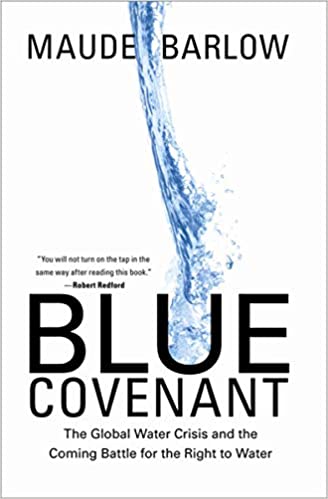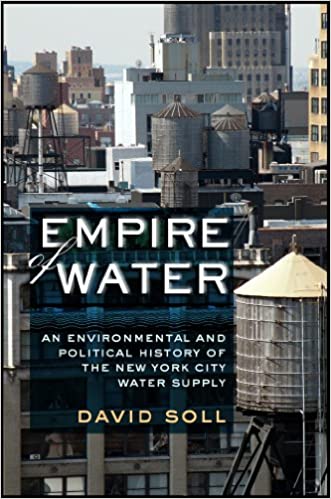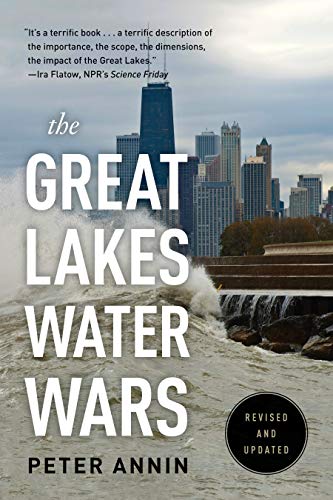
March 9, 2011New York Water Withdrawal Bills AdvanceThe water withdrawal legislation considered by the New York legislature in its 2009-2010 session has been reintroduced and is advancing. A5318 was introduced by the chair of the Assembly Environmental Conservation Committee, Robert Sweeney (D-Lindenhurst) on February 16, 2011. The wording of A5318 is identical to A11436B-2009 sponsored by Mr. Sweeney in the 2009-2010 legislative session. A companion bill to A5318, S3455 was introduced by the chair of the Senate Environmental Conservation Committee, Mark Grisanti (R-Buffalo) on Feb. 24th. On March 2nd, Mr. Grisanti introduced a similar bill, S3798, a Department of Environmental Conservation departmental bill, at the request of the DEC. S3798 has several relatively small differences from S3455. S3798 was voted out of the Senate En Con committee yesterday. Today, A5318A was amended to match S3798. This legislation would move New York from a riparian rights system to a regulated riparian system of water rights law. The bills would amend the permitting requirements for public drinking water supplies and certain other limited purposes contained in §§15-1501 et seq. of Title 5 of Article 15 of the Environmental Conservation Law (ECL) to allow the DEC to issue water withdrawal permit for withdrawals of 100,000 gallons or more per day by any user for any purpose from any of the state's waters, except that agricultural users are exempt from the permit requirements. The bills would remove the requirement that public drinking water supplies under the 100,000 gallons per day threshold be permitted. The bills provide that the new permitting requirements contained in the legislation do not become applicable until the department promulgates new regulations. The switch from a from a riparian rights system to a regulated riparian system would have a profound impact on water rights in New York. The permits authorized by the legislation are available only to non-agricultural users of 100,000 gallons or more per day. The issuance of permits to certain users and not to other users may give permit holders an advantage over non-permit holders should a dispute over scarce water resources occur between them. The legislation does not give the DEC discretion to require users of smaller water volumes to obtain permits. This is in contrast to the permitting powers granted to the river basin commissions. For example, the Susquehanna River Basin Commission requires that permits be obtained for all consumptive uses of water for gas well development purposes within their jurisdiction. See Review and Approval of Projects, 18 CRF Part 806. No fees for the issuance of the permits or for water usage are authorized in the proposed legislation. Unlike the Delaware River Basin Compact, the Susquehanna River Basin Compact, and the Great Lakes-St. Lawrence River Basin Water Resources Compact, the proposed legislation does not contain a provision preserving riparian rights. See ECL §21-0701, subdivision 14.19 and §21-1301 subdivision 15.19 providing that, "Nothing contained in this compact shall be construed as affecting or intending to affect or in any way to interfere with the law of the respective signatory parties relating to riparian rights," and ECL §21-1001, subsection 8.1, providing that:
Posted by Rachel Treichler at 03/09/11 4:35 PM
Copyright 2021, Rachel Treichler
|
|






